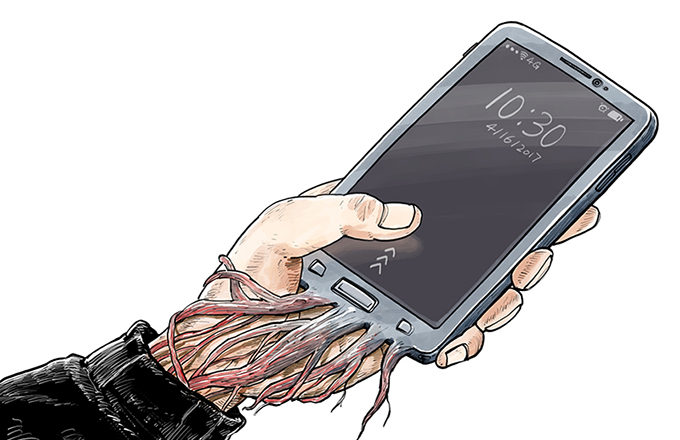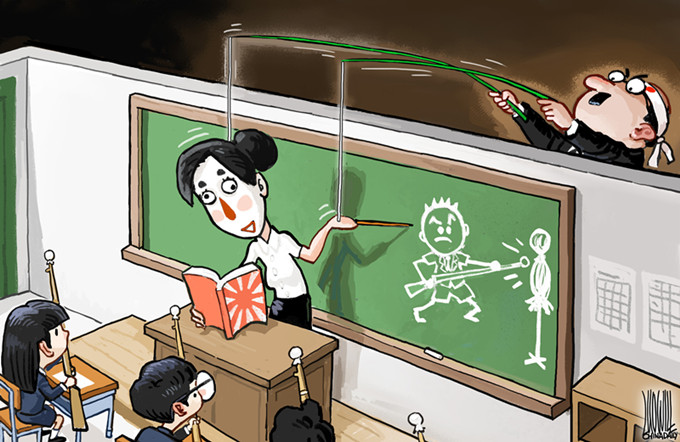Peace dividend must follow peace deal
Africa's Great Lakes region today has the chance to achieve something that has eluded its war-weary people for several decades. It can silence the guns, boost trust and trade between neighbors, educate millions of out-of-school children, empower women, and create economic opportunities that will help the countries forge a path to prosperity, good governance, and lasting stability.
In the coming days, we will travel to the Democratic Republic of the Congo (DRC), Rwanda and Uganda to meet the region's leaders and announce a range of specific commitments to accelerate development and consolidate peace. This first-of-its-kind joint trip is rooted in a momentous new agreement: the "Peace, Security and Cooperation Framework for the DRC and the region."
The pact was the fruit of a concerted effort among the United Nations, the International Conference on the Great Lakes Region, the Southern African Development Community and the African Union. It recognizes that breaking the cycle of catastrophic conflict in eastern DRC demands a new approach.
Managing crises and attending to the aftermath of fighting is not sufficient. We must tackle underlying causes. Signed by 11 countries, the agreement requires action by the region's leaders, with the support of the international community, to address common security and development challenges. And because promises made should be promises kept, the agreement includes rigorous oversight mechanisms to ensure that benchmarks are met.
We believe this comprehensive new approach gives the DRC and the Great Lakes region its best chance for peace and economic development in many years. But this "framework of hope," as it has been labelled by Mary Robinson, the UN special envoy for the Great Lakes region, will require hard work.
An astounding 70 percent of the people in the DRC live on less than $1.25 a day. More than 7 million children - one third of those who should be in school - lack access to education. Some 2.4 million children are acutely malnourished. Malaria, cholera and measles are a major threat due to inadequate healthcare, water supplies and sanitation. Roads are a mess and electricity is scarce and expensive. Basic commodities have to be imported. Some 6.3 million people require food support.

























